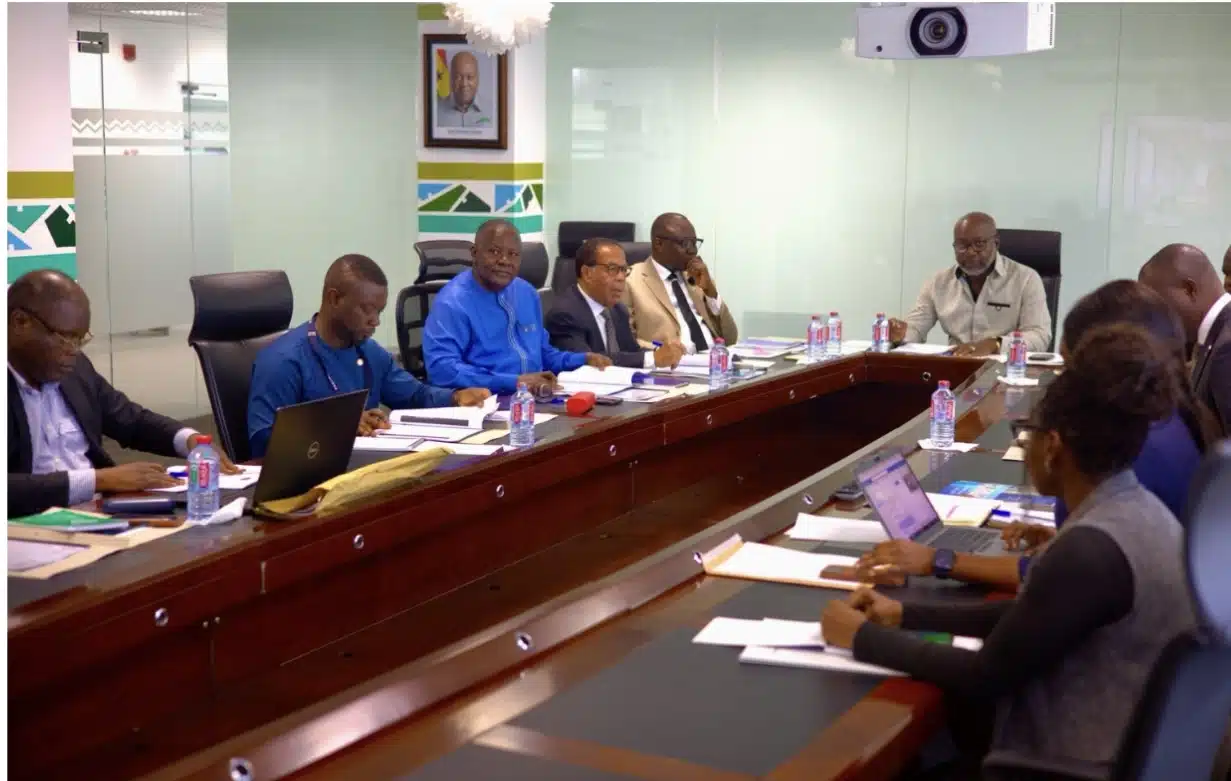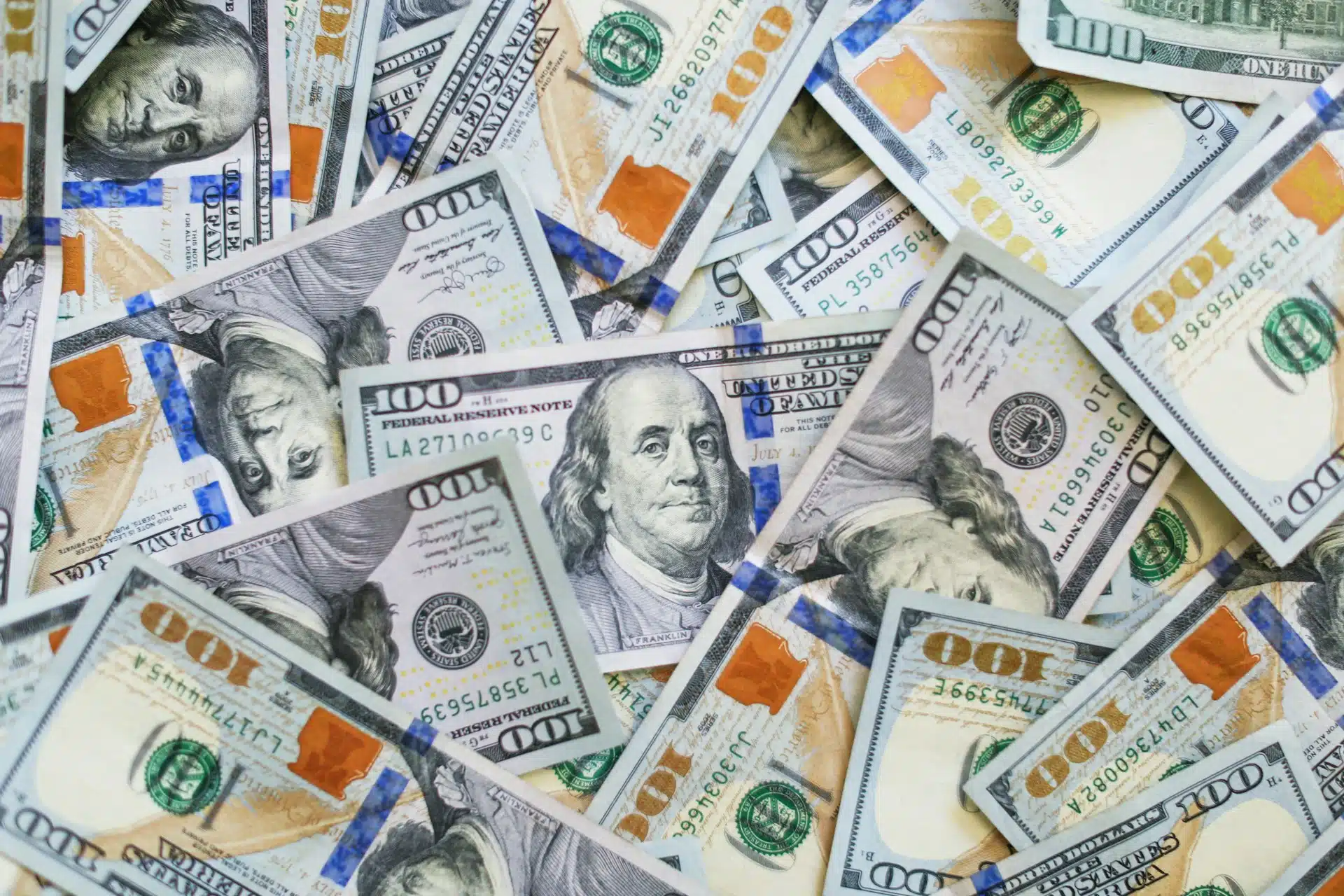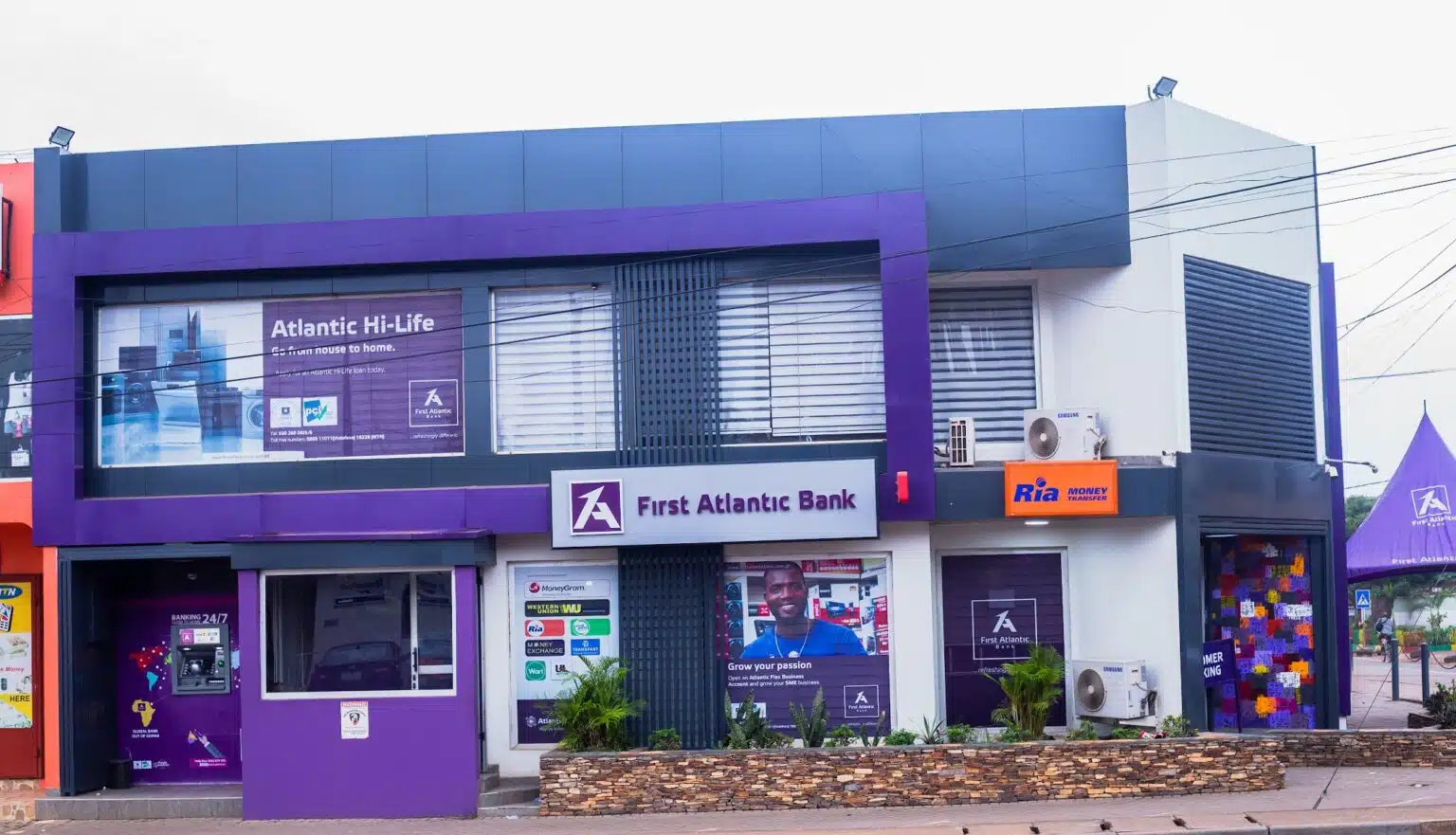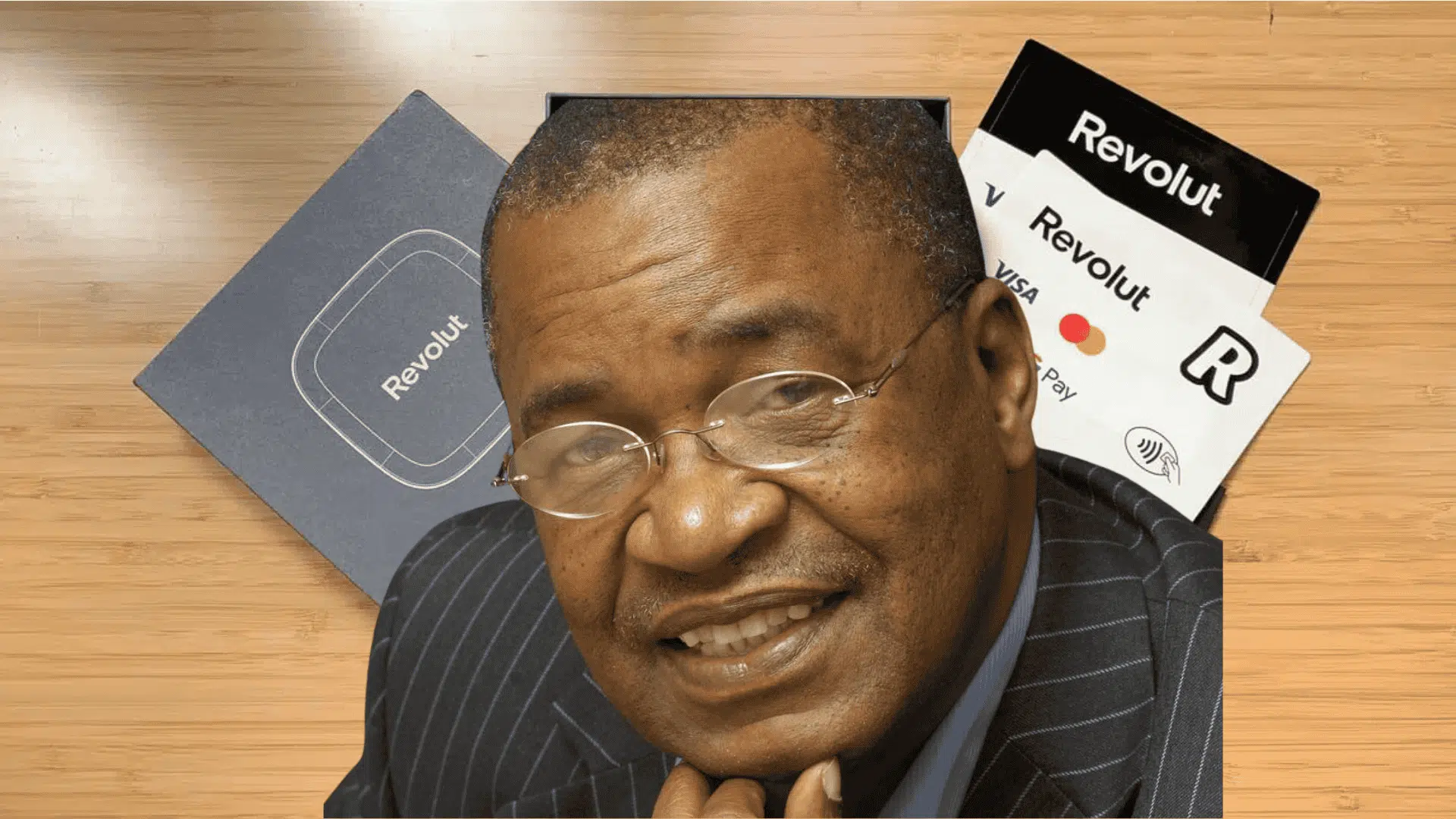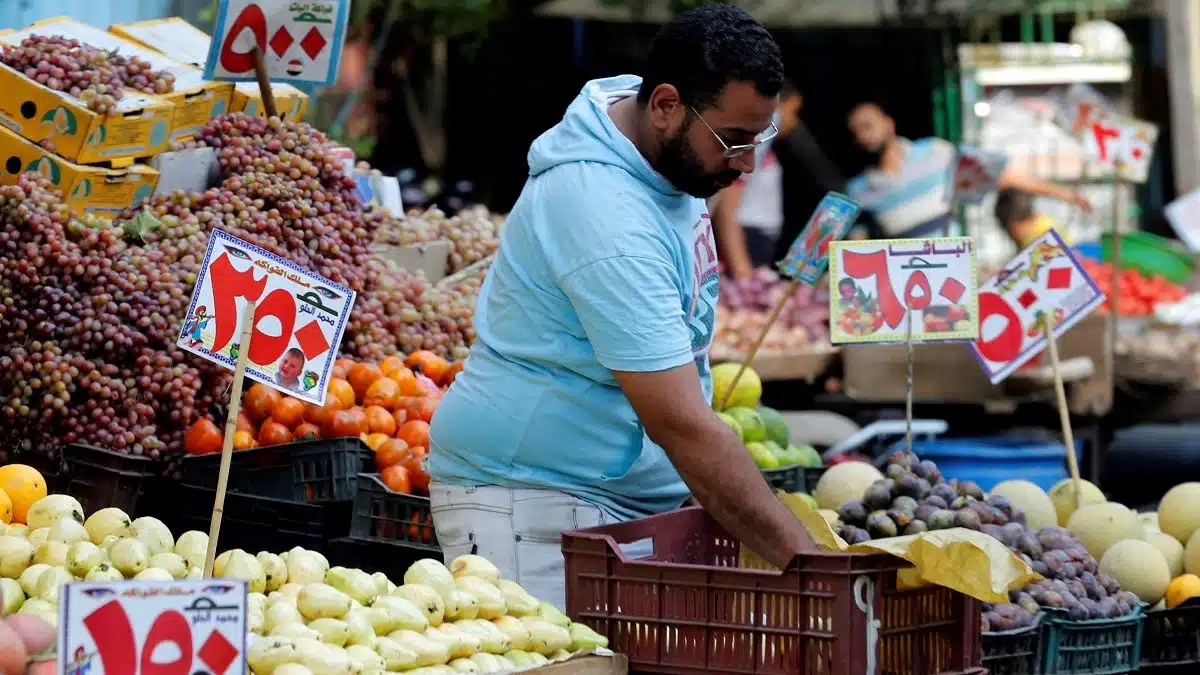Ghana has injected $43.1 million in cash into the struggling National Investment Bank (NIB) as part of a broader plan to revive the state-owned lender and prepare it for a future listing on the Ghana Stock Exchange.
The investment is part of a wider government-led restructuring effort, launched earlier in the year, aimed at returning the bank to profitability after years of financial decline.
Ato Forson, Ghana’s finance minister, announced the measures during the presentation of the 2025 Mid-Year Budget Review in Parliament on Thursday.
He said the recapitalisation marks a turning point for the bank, which had been left in a precarious position by the previous administration.
According to Forson, the former government under President Nana Akufo-Addo spent $2.9 billion on a financial sector clean-up, yet left NIB with a Capital Adequacy Ratio (CAR) of -53.1% by the end of June 2024.
To reverse the decline and stabilise the bank, the government introduced a comprehensive restructuring plan that includes a $43.1 million (GH¢450 million) cash injection, $143.5 million (GH¢1.5 billion) in marketable bonds, and the transfer of $47.8 million (GH¢500 million) worth of government shares in Nestlé Ghana Limited.
These measures have raised the bank’s core capital to around $325.4 million (GH¢3.4 billion) — well above the central bank’s $38.3 million (GH¢400 million) — and lifted its CAR to 23% as of May 2025, Forson revealed.
“Mr speaker, by taking these major steps, we have preserved depositors’ funds valued at ($611.9 million) GH¢6.4 billion,” the minister added.
“We have also saved over 900 direct jobs at the National Investment Bank. More importantly, we have preserved an indigenous Ghanaian bank”
For more than six years, NIB had been grappling with persistent losses, a growing stock of non-performing loans, and weak internal controls, which severely eroded its financial health.
By mid-2024, the bank had fallen well short of several prudential benchmarks and was dependent on short-term liquidity support to remain afloat.
Although the bank was excluded from the banking sector clean-up between 2017 and 2019, referenced by Forson, pressure mounted for its closure after independent audits flagged major solvency risks.
At one point, the Bank of Ghana warned that without immediate capital support, the institution risked being wound down.
In May 2024, the previous government proposed a $153.3 million (GH¢2.3 billion) recapitalisation plan for NIB, structured as monthly disbursements of $30 million (GH¢43.1 million) over 12 months. These figures have been converted using the average exchange rate of GH¢15/$1 as of May 2024.
However, given the bank’s deteriorating financial position by the end of that year, the plan appears to have fallen through.
Forson said the new recapitalisation programme dubbed the forward-looking overarching restructuring plan seeks to strengthen corporate governance, improve risk management, and prepare the bank for a future public listing.
“We chose to spend to save a bank, rather than spend to collapse a bank,” he said, defending the government’s decision to step in.
He added that the government remains committed to safeguarding public funds and restoring trust in state-owned financial institutions.
“NIB is now liquid. NIB is now safe. NIB is fully capitalised,” he said, urging the public to resume business with the lender.
NIB’s H1 results show stronger growth
Earlier in July, NIB reported a marked recovery in the first half of 2025, posting a pre-tax profit of $7.1 million, reversing a $4.2 million loss recorded during the same period in 2024.
The unaudited mid-year results, which marks the bank’s first public disclosure since 2016, also revealed an improvement in its CAR, which rose to 41.3%, nearly double the figure disclosed by the finance minister.
On the balance sheet side, total assets climbed nearly 50% year-on-year to $822.1 million, up from $549 million in June 2024. Customer deposits also strengthened, reaching $702 million, underlining renewed depositor confidence and improved liquidity conditions.
Net operating income rose to $31.4 million, supported by what the bank described as “renewed operational efficiency, effective cost management, and a successful capital recovery strategy.”
Despite the improved headline figures, NIB’s shareholder equity declined by 11.7% year-on-year to $86 million, down from $97 million in the same period last year, reflecting an erosion in net asset value.
NB: The financial figures were originally reported in Ghana cedi and have been converted to US dollars using GHS10.4/$1 as of July 25, 2025, except otherwise indicated.

